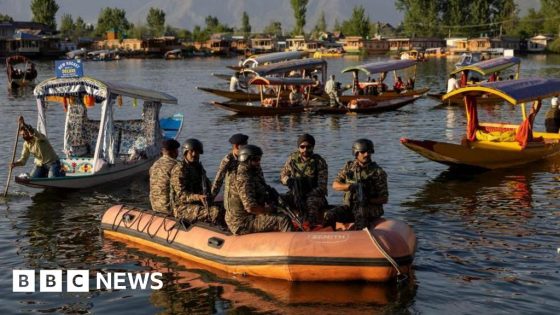India has announced a significant shift in its water management policy, declaring that it will stop its water from flowing over international borders. Prime Minister Narendra Modi emphasized that “India’s water will flow for India’s benefit,” marking a pivotal moment in the country’s approach to water resources.
- India halts water flow over borders.
- Modi emphasizes water for India's benefit.
- Treaty suspension follows militant attack.
- Pakistan warns against water flow stoppage.
- Indus Waters Treaty historically significant.
- US calls for calm between nations.
This announcement comes shortly after India suspended a 65-year-old water-sharing treaty with Pakistan, amid escalating tensions following a deadly militant attack in Indian-administered Kashmir. As Modi’s comments resonate globally, they raise questions about the future of water diplomacy in the region.
The implications of India’s water policy are profound. How will this affect the already strained relations with Pakistan? Experts suggest that India’s need for better water infrastructure is critical, as the country must now consider:
- Building more dams and reservoirs to manage water resources effectively.
- Addressing agricultural impacts in Pakistan, where 80% of farms rely on Indian rivers.
- Potential international responses to this unilateral decision.
As the situation unfolds, global observers must watch closely. Will diplomatic efforts prevail, or will water become a new flashpoint in South Asia?
































